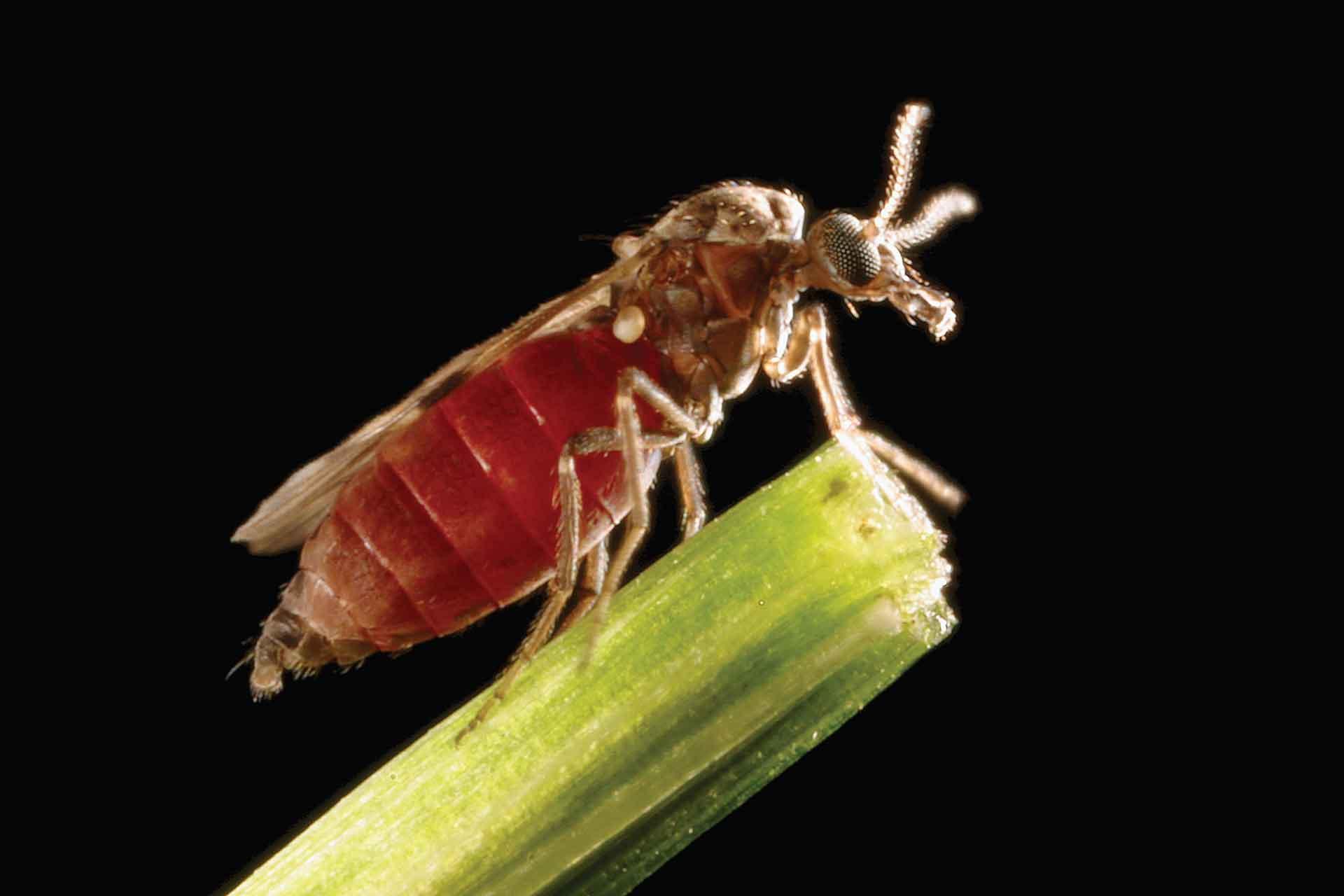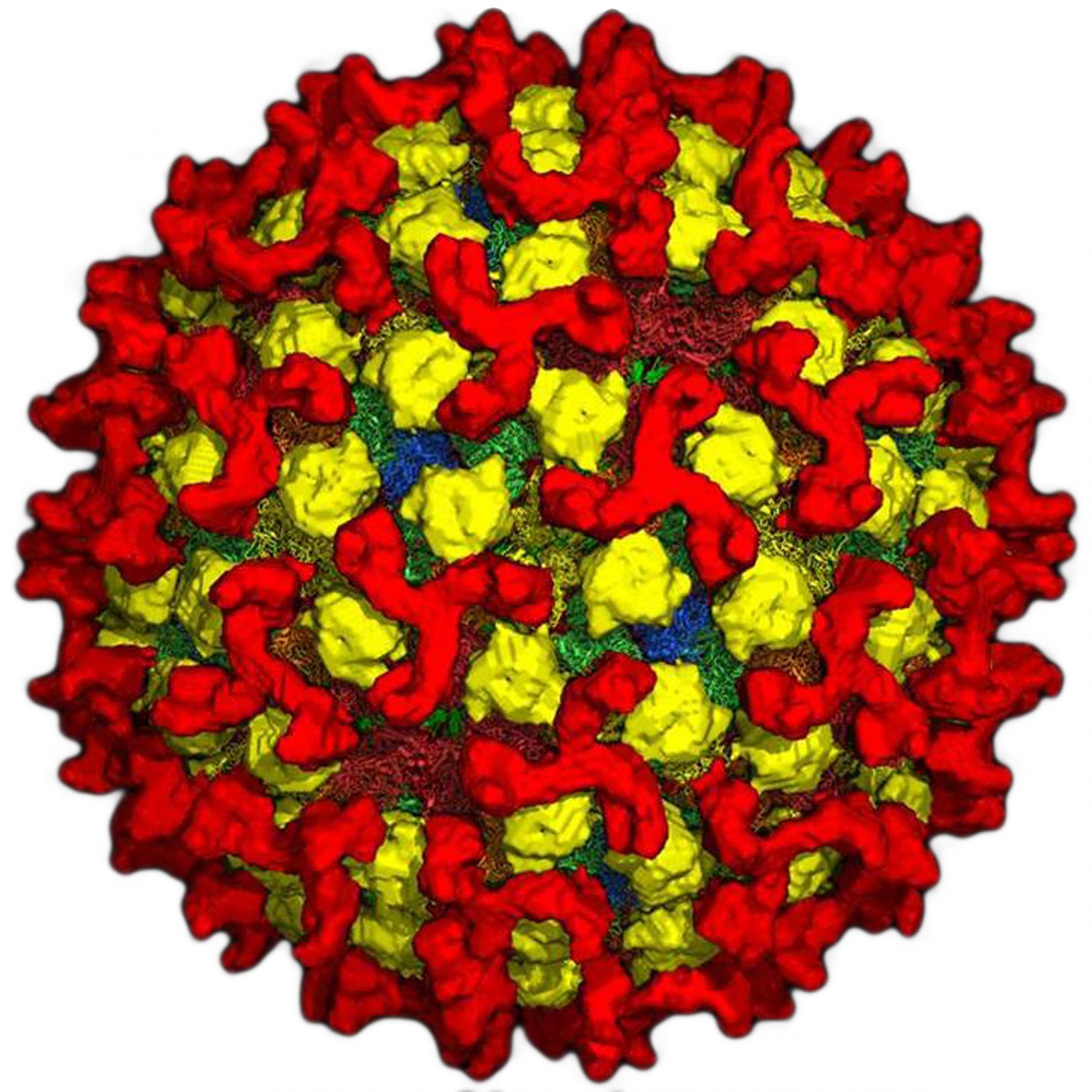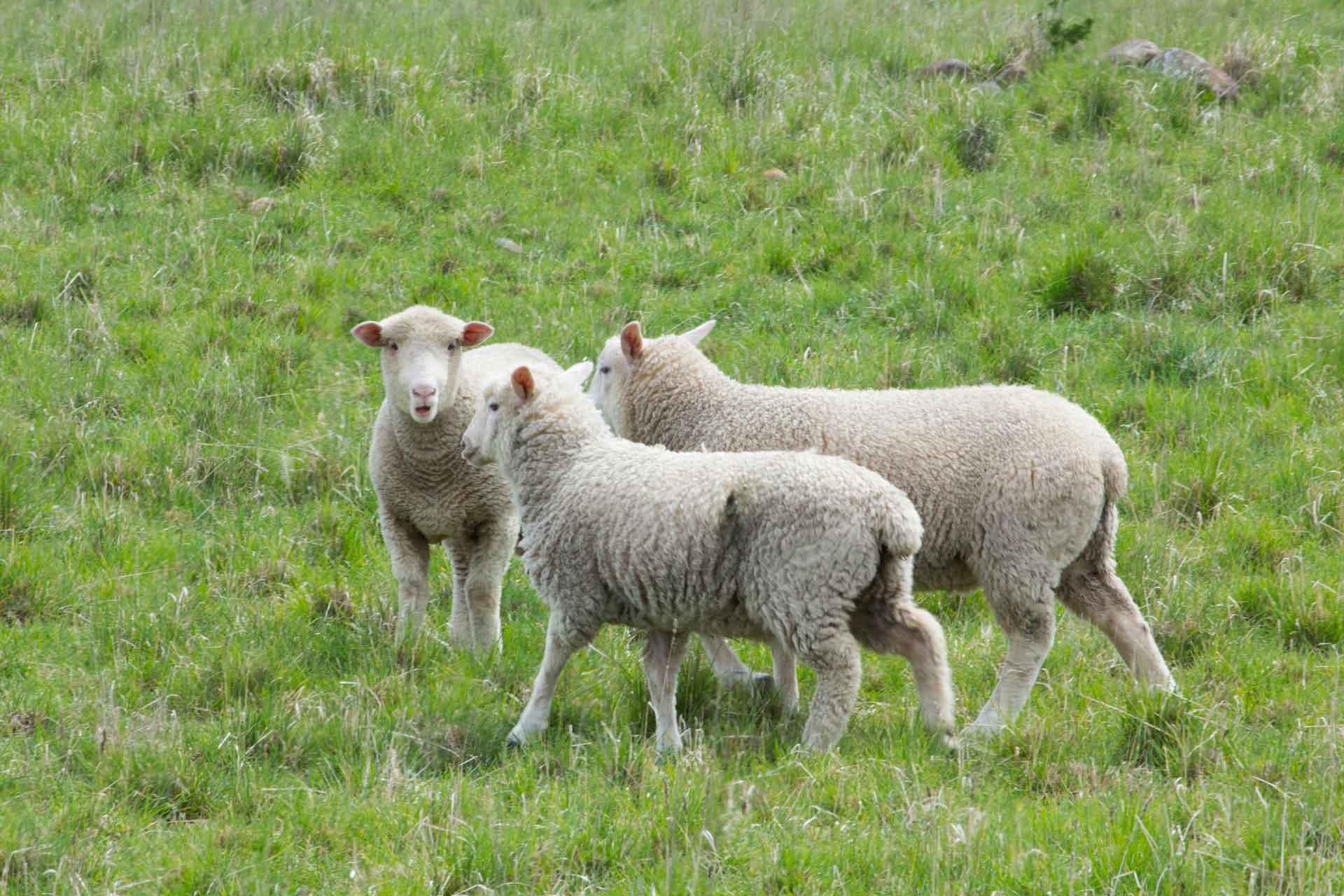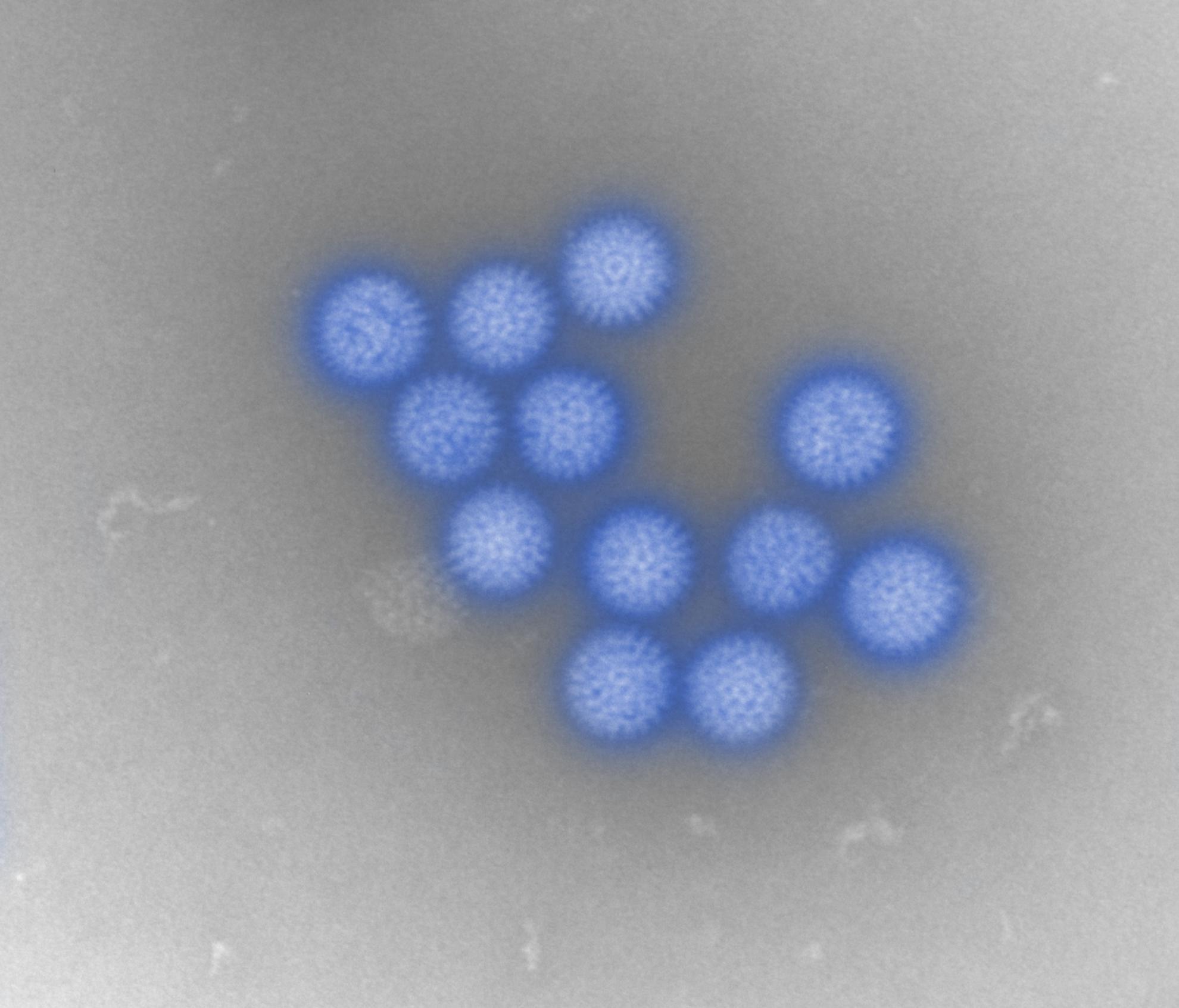The Pirbright Institute is supporting the UK’s fight to control bluetongue virus (BTV) following a restricted zone declaration by the Chief Veterinary Officer.
The Institute’s Reference Laboratories play a key national role in screening ruminant blood samples to detect BTV-infected animals and identify the responsible BTV serotype and its potential origin.
Bluetongue virus (BTV) infects wild and domestic ruminants, and is responsible for causing the severe haemorrhagic disease, bluetongue (BT). It is no threat to human health or the food chain, but outbreaks can have a severe economic impact on rural communities as restrictions on the movement of livestock are put in place.
The latest outbreak of serotype BTV-3 began on three premises in Norfolk and has spread to include at least 13 premises in Suffolk and Essex. A bluetongue Restricted Zone has been declared in Norfolk, Suffolk and Essex, and Kent and East Sussex have also been identified by the Animal and Plant Health Agency (APHA) as ‘high risk’ counties.
The total number of cases of bluetongue virus BTV-3 now stands at 13 infected premises with disease confirmed in 41 animals. It is the third UK bluetongue outbreak since 2007.
Dr Carrie Batten, who leads the UK National Reference Laboratory for bluetongue virus at The Pirbright Institute, said: “The outbreak is likely to grow quickly. Warm summer weather means Culicoides biting midges that spread BTV-3 are highly active. As a national reference laboratory, we play a key role in helping to control the outbreak.
“Our suite of molecular and serological tests help us screen ruminant blood samples to detect BTV-infected animals and identify the responsible BTV serotype. We are preparing for a rapid increase in the volume of blood samples sent to us by APHA vets over the coming weeks, which will have a major impact on staff in our Reference Laboratories, Stores and Research Services.”
“In the field, Pirbright will continue to monitoring vector activity and temperatures to assess BTV transmission risk at different times of the year, using mathematical models to predict the spread of BTV and the potential impact of specific control measures.”
Movement restrictions apply to all ruminants and camelids moving out of the restricted zone (currently covering Norfolk, Suffolk and Essex) and to the movement of their germinal products. Farmers are urged to only move animals within the extended zone where this is absolutely necessary.
For further information on the outbreak, visit the UK Government website



